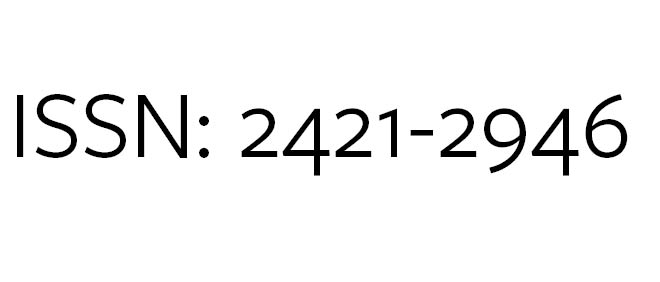Voluntary guardians and MSNA
Francesca Audino, Lavinia Bianchi
MSNA is a segment of the child scene with very special characteristics: they are under 18 years of age, but as life experiences and migration projects are comparable to adults. The UN Convention on the Rights of the Child, recognizing all children in the world as holders of civil, social, political, cultural and economic rights, acts as a legal instrument and point of reference, requiring States that have signed the Convention to comply with its obligations. Considering all these, we question how the UN Convention principles can implement rules whose formal and substantial compliance can be verified. Specifically, emphasis will be placed on the delicate passage of the age of 18, which causes protection against MSNA to lapse despite the fact that the law 47/2017 has provided for the extension of protection until 21 years if in possession of a contract of employment or a course of study started. Thanks to a case of study, the difficult transition to adulthood is investigated, through a series of semi-structured interviews (intensive interviews) with voluntary guardians and the «Garante per l’infanzia e l’adolescenza» of the Lazio Region. In this way, the experience, practices and active networks supporting MSNA emerge. From the first elaboration a multidimensional limbo emerges: legislative, operational and relational. If the training needs of guardians and those of MSNA show evidence toward greater educational competence and identity, the Municipalities respond with cumbersome operations.
Keywords
Unaccompanied foreign minors (MSNA), Voluntary guardians, intercultural pedagogical training, UN Convention on the Rights of the Child and Adolescent.



